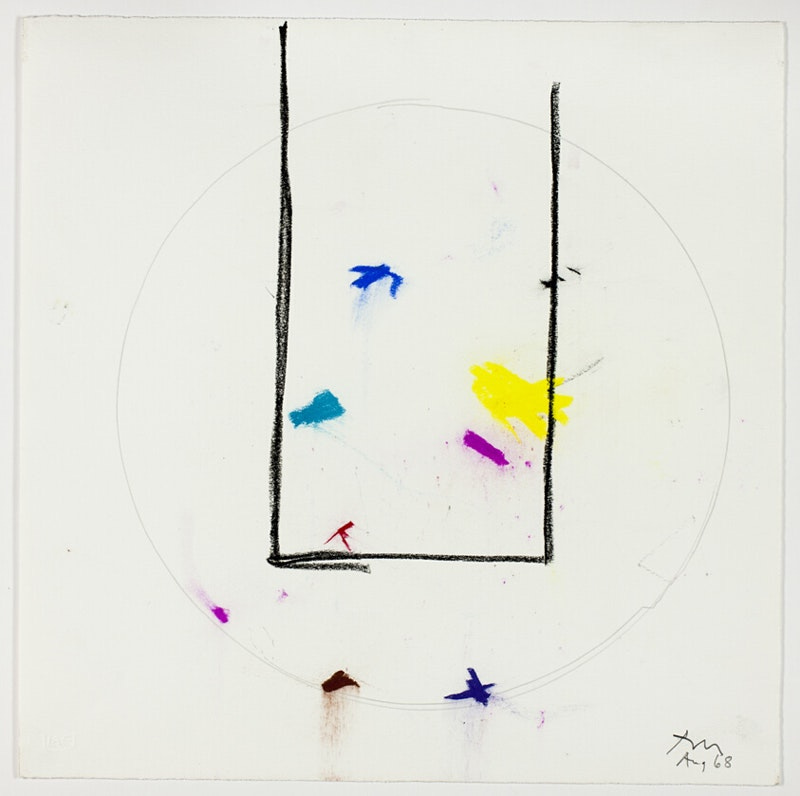Readings From February, 2023
When Robert Heilbronner composed his Future as History (1960), you could write passages like the following without being accused of metaphysics:
“as individuals we move into the future on the mingled accident and design of our lives. As a society we move into the future on the grand dynamic of history. It is this grandiose design which we must discover if we are to comprehend the meaning of struggles of our time.”1
That one shouldn’t shy away from the philosophy of history — that History does indeed have a structure, if not a design — is one of the whole premises here (such a ‘totalizing’ view would certainly trouble Robin Blaser though—see below), however Heilbronner (perhaps because he was born to German Jews, albeit wealthy ones) is keen to point out the uniquely optimistic philosophy of history held by Americans is not one historically shared by the rest of the world:
“in the case of the rest of the world, the absence of a native optimism mirrors an experience very different from ours. The future over most of mankind’s experience has not been that benign and congenial environment which we unthinkingly anticipate it to be, but has been formidable and overwhelming, unalterable and often unanswerable.”2
One wonders whether it is still difficult for Americans to, “imagine a state of mind that such an exposure to history might have given rise to.”3 Surely yes, in a sense at least. It does seem that the collective American psyche takes, at best, something of a hysterical relation to the experience of communing with Historical Events (whether it be 9/11, the financial crisis, or the Covid pandemic) after an extended period of continental (and sometimes even psychic) isolation and parochialism. At the same time—the horizon of contemporary experience does actually seem defined by looming existential catastrophe. What form that communion with catastrophe actually takes is much more highly differentiated and uneven then whatever the standard eschatological imagination finds itself concocting in its darker moments, although it would be cruel I think to take solace in that. History does indeed appear as if it is, “less and less something we make, and more and more something we find made for us.”4 Why that is true in a phenomenological sense but also whether that is in fact actually true are two important but separate questions.
In any case, I cannot recommend the book highly enough. Much like the rest of his work (in particular, his incomparable Worldly Philosophers) Heilbronner shows a capacity for analytical compression while maintaining readability; synthesizing complex and powerful ideas into an approachable form. While there appears to have been a reprint of the first edition published in 1968, the book is — of course — now out of print.
I arrived at the Argosy annual sale in December a few hours late so I imagine I missed the good stuff. I did find some stragglers, like a first edition Harper Collins of Jacques Barzun’s opus From Dawn to Decadence: 500 Years of Western Civilization, 1500-2000, the scope of which is surely matched only by the ambition of the author. Arguably the closest thing America has had to a Gibbon, Barzun was one of the main proponents of ‘cultural history’.
Keep reading with a 7-day free trial
Subscribe to Bo’s Research to keep reading this post and get 7 days of free access to the full post archives.



